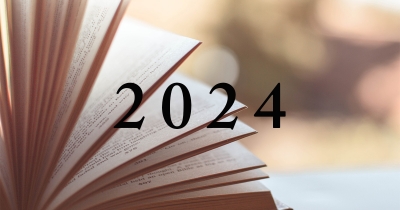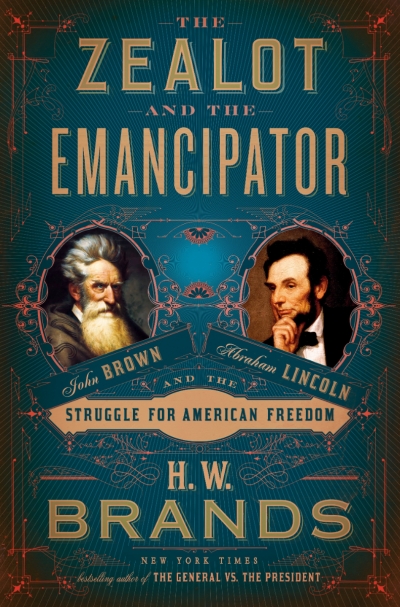Clare Corbould
William Dalrymple’s The Golden Road: How ancient India transformed the world (Bloomsbury, reviewed in ABR, 10/24) explores the ways in which India shaped the ancient (and by extension modern) world. This expansive work is brilliantly readable. I enjoyed it so much that I downloaded the recorded version, which Dalrymple himself narrates. This I have listened to twice. Dalrymple challenges the Western-centric view of history and highlights India’s under-appreciated impact on Asian and Western cultural and economic developments. My second selection is almost a diametrical opposite: a slim book written in incredible haste. Gideon Haigh’s My Brother Jaz (MUP) is an exploration of grief, guilt, remorse, and survival. In January 2024, Haigh impulsively and, one imagines, frenetically began writing about the night his seventeen-year-old brother Jasper was killed. He finished seventy-two hours later. My Brother Jaz is unflinching, painful, and anguished. It is also a remarkable exploration of what it means to go on, to live, to reconcile and remember. ... (read more)
The Zealot and the Emancipator: John Brown, Abraham Lincoln and the struggle for American freedom by H.W. Brands
by Clare Corbould •
History at the Crossroads: Australians and the Past by Paul Ashton and Paula Hamilton
by Clare Corbould •




